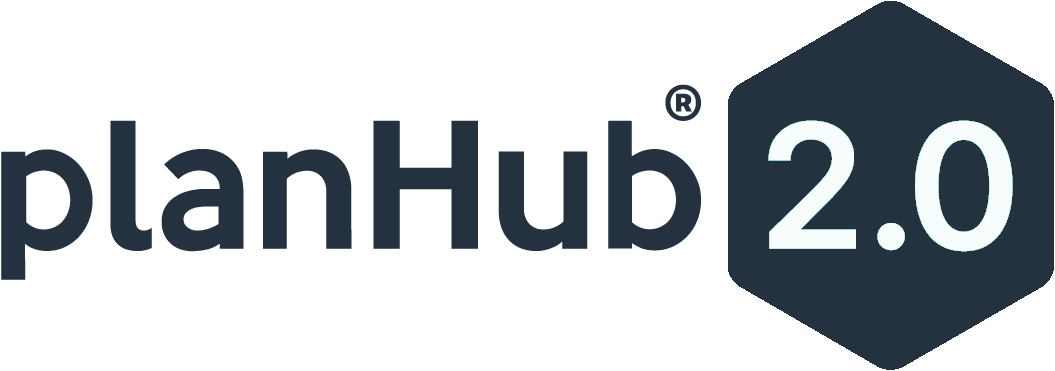Construction is a risky business. Challenges always arise, and there’s always a chance that Mother Nature or another actor may damage the work in progress. Builders’ risk insurance offers protection while projects are under construction, protecting both the owner and the contractors from loss or damage.
What is Builders Risk Insurance?
Builders risk insurance, also called course of construction insurance, protects buildings while they are under construction. It usually applies to new buildings, and it helps mitigate the risk of certain property damage while a project is under construction. It’s used exclusively on privately funded projects since public projects are self-insured by the government.
Builders risk insurance coverage covers damages to materials, supplies, and equipment from the time they are in transit to the job site until the project is completed by the builder. The property owner or contractor is reimbursed the cost to replace damaged materials and equipment if a covered event should happen. Soft costs like lost sales, rental income, and loan interest may be covered if they are specified in the policy.
Builders risk covers damages caused by fire, lightning, hail, acts of God, impact by vehicles or aircraft, vandalism, burglary, or building or land collapse.
Exclusions to builders risk coverage include employee theft, war, and terrorism, wear and tear of the building material, rust and corrosion of the construction material, poor design or workmanship of the building material, temporary properties, debris removal, and pollution cleanup. If a project needs coverage for one of these excluded incidents, it can generally be purchased as an add-on to the builders risk insurance policy.
General liability insurance, which all contractors must have, covers the damage and loss of a contractor’s tools and equipment due to natural events, theft, vandalism, or fire. Builders risk policies cover the materials and equipment that will be installed in the project.
Should you buy builders risk insurance?
Because builders risk covers the entire project, it can be purchased by any of the parties involved in the project. Owners often have the most to lose, so they will often purchase a builders risk policy and add the general contractor and subcontractors to the coverage.
If an owner is constructing a new building and doesn’t have any current property protected by an insurance policy, it may be less expensive for the general contractor to purchase coverage. Of course, the contractor can ask the owner to reimburse them for the cost.
If an owner is remodeling or renovating an existing building on which they already have property insurance, construction is usually covered by their existing policy. In this case, a builders’ risk policy is not required. Owners should check their property coverage to ensure that it provides the necessary coverage for their construction project in case of any construction site hazards and mishaps.
Other ways to protect yourself
General contractors and subcontractors can ask the owner to provide builders’ risk insurance on private construction projects. Since everyone on the project is covered by the policy, it doesn’t matter who purchases it. Remember that builders’ risk is not necessary in remodel or renovation projects. As part of risk management, it would also be beneficial to instill construction safety tips in the workers prior to starting the job.
Another type of policy, called an installation floater, covers small projects usually performed by a subcontractor. These can be used to cover small remodel or renovation projects that may not be covered by general property insurance. While subcontractors usually purchase installation floaters, a general contractor can provide it when necessary.
Builders risk and other insurance policies protect general contractors, subcontractors, designers, and project owners from losses that may damage a construction project. Having the proper insurance on a project is key to mitigating risk, which contractors must do on a daily basis. No matter who purchases the policy, it’s important to have protection to avoid added costs due to damage during construction. Using construction bidding websites like PlanHub will give you access to general contractor software free and will help in the construction contractor process.
Who Needs Builder’s Risk Coverage?
Any person or company with a financial interest in the construction project needs builder’s risk insurance. Some common people you may want to include on your policy as insureds include the:
- Property owner
- General contractor
- Subcontractors
- Lender
- Architects
How Much Does Builder’s Risk Insurance Cost?
Every builder’s risk insurance policy is different, so costs vary depending on what you need. Your policy may need more coverage or you may need to add extensions to help protect your construction project. Generally, your builder’s risk insurance cost depends on the:
- Construction materials
- Type of project
- Policy details, like coverage amounts and limits
A good rule of thumb is to choose coverage limits equal to the anticipated cost of construction. If your construction project is expensive, it could result in a higher insurance rate.
What Does Builder’s Risk Insurance Cover?
A builder’s risk insurance policy helps protect your construction projects from certain kinds of property damage. It can also help cover additional soft costs or expenses not directly related to construction if property damage causes a delay. This can include:
- Lost sales
- Rental income
- Additional interest on loans
- Real estate taxes
When Should Builders Risk Insurance Be Purchased?
Builders risk insurance should be purchased before construction begins to ensure coverage is in place from the very start of the project. This type of insurance protects the project from risks such as fire, theft, vandalism, and natural disasters during the construction phase. Ideally, the policy should be active from the moment materials are delivered to the site or construction work commences, and it should remain in effect until the project is completed and accepted by the owner. In some cases, the responsibility for purchasing builders risk insurance falls on the project owner, while in other instances, the general contractor may be required to procure it. It’s crucial to have this insurance in place before any work begins to avoid gaps in coverage that could leave the project exposed to financial risk. Additionally, lenders often require proof of builders risk insurance before disbursing funds for construction, making it an essential step in the project’s initiation phase.




